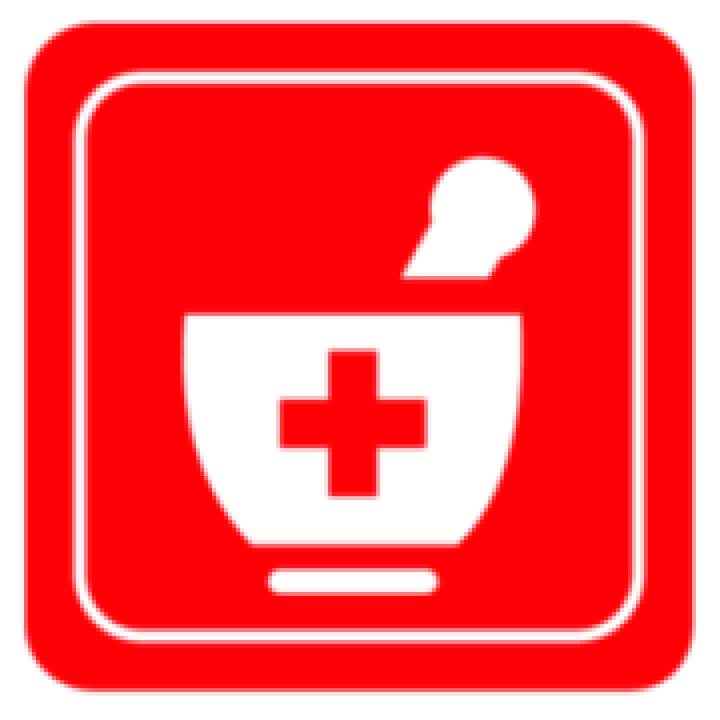
One of the most common clinical interventions you make as a community pharmacist working is prescribing OTC medicines for patients who come into your pharmacy. For years it has been frustrating for pharmacists and patients alike that many interventions that may be available in other european countries OTC may still be subject to prescription in Ireland.
One of the most common complaints made by patients are symptoms around abdominal cramps and pain , which may be caused by a variety of reasons including stress, food allergies or Irritable Bowel Syndrome .
Irritable Bowel Syndrome (IBS) is a group of symptoms—including pain or discomfort in the abdomen , bloating and changes in the bowel movement patterns—that occur together.
IBS is usually diagnosed by a GP or specialist but as pharmacists we can identify patients who may be unaware they are suffering with IBS. If you have a patient who complaints of abdominal pains or discomfort which is
- relieved by defecation OR
- is associated with altered bowel frequency or altered stool form ,
you should check to see if they have any other symptoms such
- bloating ,
- symptoms made worse by eating ,
- altered stool passage or
- passage of mucus.
If they have any of the other two symptoms listed , you should suggest the patient attends their GP particularly if the symptoms have been present for more than six months. IBS is relatively common and appropriate diagnosis is important to relieve and manage symptoms for patients as there are presently no cures for the condition unfortunately.
Helping your patients see the triggers in their lifestyle is also important , the most common types of triggers then to be stress , certain foods and drinks (e.g. bread , dairy products , caffeine products , oily foods , spicy foods) , certain medicines. Pharmacists by asking very specific questions around lifestyle will be able to help patients identify the triggers they may be blind to . so asking patients what they have eaten in the last few days , and asking them to abstain from certain foods or drinks for a few days to see if that reduces the symptoms for them so they can identify the triggers , as these tend to be very patient specific.
Patients may also present with acute abdominal cramps , pain and discomfort , not associated with any of the other symptoms listed above. The symptoms usually will present with a sharp , stabbing , tight or cramping pain and the symptoms will not be that often but may still have the same triggers as IBS.
Pharmacists should train their support staff to know that if someone presents with abdominal cramps but then also with the following symptoms they should be referred to speak to the pharmacist on duty
- Fever
- Nausea
- Vomiting
- Blood in bowel movements
- Unexplained weight loss
- Severe abdominal pain or rigid abdomen, tender to touch
- abdominal discomfort lasting longer than a week
- prolonged poor appetite
- decreased blood pressure /fainting
- they are pregnant and are experiencing abdominal pain of any kind
Patients will often misuse other medicines because they misunderstand the symptoms, so at times patients may want OTC painkillers such as paracetamol or ibuprofen or indigestion agents such as PPIs or H2 receptor antagonists. Pharmacists and pharmacy staff being able to identify these patients is important so as to refer them to the right medicines which will help them better manage their symptoms.
Patients who have trouble managing their symptoms should be asked if they have tried antispasmodics , as they alleviate abdominal cramps and also other IBS symptoms. Products that contain mebeverine , alverine citrate , pepermint oil used to be the only option available OTC but now the HPRA has now licensed the anti-muscarinic hyoscine butylbromide (Buscopan ) which may now also be recommended to patients for use OTC.
The recommended indications for Buscopan OTC are for patients diagnosed with IBS and also those who may just be suffering abdominal cramps , pain and discomfort. The recommended dose is 20mg qds for spasms in adults and children over 12 and for IBS 10mg tds which may be increased to 20mg qds if required.
Pharmacists should note to tell their staff that patients who have the following conditions should never be sold hyoscine butylbromide OTC
- glaucoma
- enlarged colon
- myasthenia gravis
- pregnant , or likely to get pregnant or breastfeeding
- allergy to hyoscine
In terms of side effects , as hyoscine is anti-cholinergic , it is liable to display the common side effects associated with them , blurred vision , dry mouth , urinary retention , constipation , or better known as (can’t see , can’t spit , can’t pee , can’t sh*t , full credit to Prof Ingrid Hook)
As pharmacists , we would hope that more opportunities to help our patients with more products either being available OTC or the full roll out of a minor ailments scheme which will be supported by the government to relieve the pressure on other parts of the primary care network.
If you would like to receive more updates from us via email , register your details to sign up to our newsletter.

You must be logged in to post a comment.